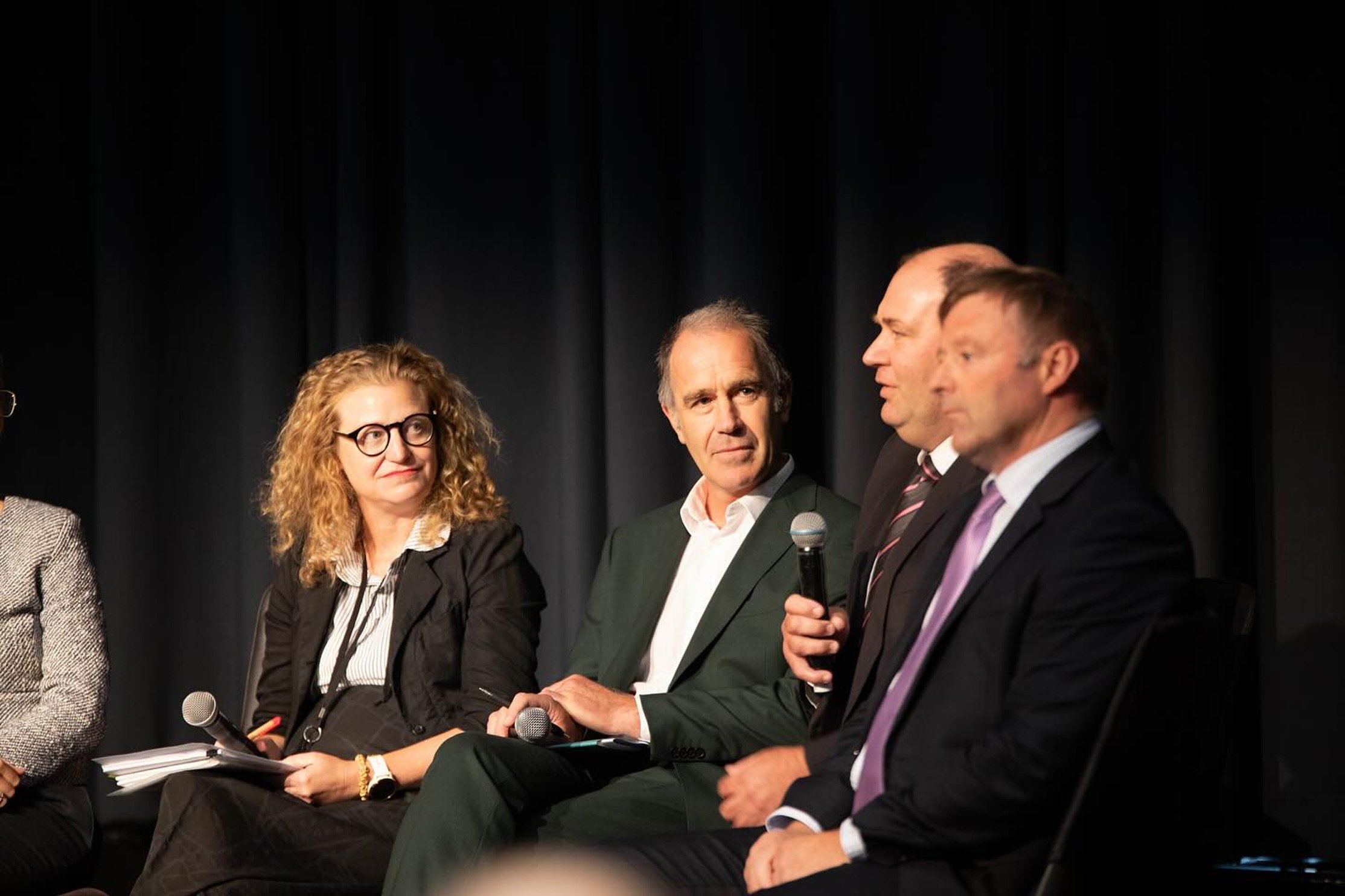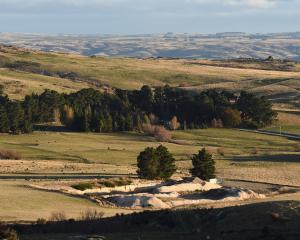
Although politics, particularly in our oppositional Westminster system, seems inherently resistant to that concept, members of Parliament often agree on a surprisingly large number of things. The method of achieving them is, however, another question entirely.
A perfect example of this was on Wednesday at the Dairy Environment Leaders Forum, a Dairy NZ event in Wellington which had as its star attraction an MPs’ discussion panel.

The latter is, of course, Minister for Rural Communities and a farmer, as well as being an associate agriculture minister, albeit his designation is for wool, not dairy.
Mr Willis might be the wrong political colour so far as many farmers are concerned, but he has a substantial farming background and knows the intricacies of these problems, albeit he might prefer different solutions.
And while urbanite Ms Brooking might seem a touch out of context in such company she was, literally, brought up learning about the history of New Zealand farming from an expert on the subject: of course, her expertise on environmental law in unquestioned.
You might expect that this was a panel riven by ideological chasms and that Ms Brooking and Mr Willis could receive a rough reception from a non simpatico audience, but far from it.
From their introductory comments to the end of the Q+A, amity and fraternity reigned supreme, as the MPs revealed almost total agreement with each other that climate change and leaching of nitrates into waterways were crucial environmental issues for dairy farmers to address, and that it was vital that farmers were part of the conversation.
Maybe the fact that media were not there to cover the session (Southern Say caught up with it after the event) had something to do with it, but with no need to score points this was a productive and positive panel.
Ms Brooking stressed that technological innovation, while important, would not be the silver bullet to address all environmental issues; appropriate regulations also had to be in place and standards had to be in place for farmers to meet.
To a degree, Mr Patterson agreed, although he emphasised that what he termed "necessary changes" had to be achieved without farmers being overburdened by regulatory compliance.
In keeping with the government’s growth mantra, he said that the key to stronger rural communities was building farm incomes: a stronger rural economy would bring with it greater investment in the rural environment he said.
Economics were on Mr Willis’s mind as well, noting pressure of "dairy debt" on farmers and how it could impact on environmental management. His vision was of thriving, family-owned farms with solar panels on the sheds, wind turbines on the hills, and bio-credits flooding into the bank accounts.
He was on the same song sheet as his fellow panellists on another point, too: that dairy farming as an industry was not incompatible with caring for the environment. The primary sector as a whole was on the front line confronting climate change — especially when weather events struck — and dairy specifically recognised that environmental awareness was a requirement for the social acceptability of such farming.
Mr Patterson, a man who has been active in the catchment group in his own piece of rural paradise, could not agree more, highlighting that for many farmers, especially the younger generation, environmental concerns were baked in to their farming practice as part of business as usual.
It was not quite an hour of kumbaya — there are some points of disagreement, the Gene Technology Bill which had taken Mr Abel away from the gathering, and which Mr Patterson had been sitting in on before he arrived being a good example. While most parties agree that the current rules need review, one party’s review is another’s reckless rush job.
But in general, there was a whole lot of agreement and a whole lack of acrimony. As for a whole lot of action, well that is another question entirely.
I’ll just stop you there
IT takes a lot to halt Act New Zealand Southland list MP Todd Stephenson in his tracks when he gets started, but Defence Minister Judith Collins managed just that on Wednesday.
Mr Stephenson was in full flight in a general debate speech questioning why various health governing bodies required members to demonstrate competency with the Treaty of Waitangi, and had just got on to vacancies on the Midwifery Council when Ms Collins interjected: "I wonder if either of them has actually ever had a baby — I’m just wondering."
"Just wondering, yeah," Mr Stephenson stammered, before continuing, "worried about the Treaty then."
But Ms Collins was not finished: "I mean I can tell you, you don’t really care about that; you just want to get it out."
"No," a clearly flummoxed Mr Stephenson paused, before moving on to the Pharmacy Council and the rest of his speech, mercifully uninterrupted.












